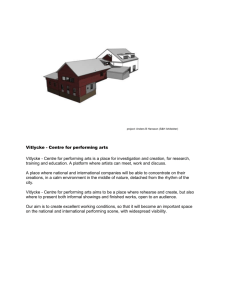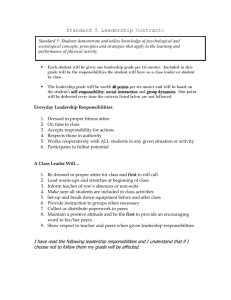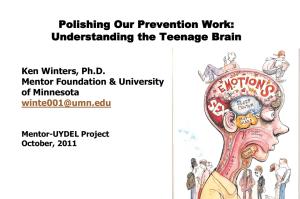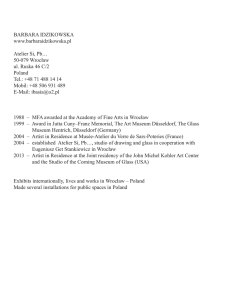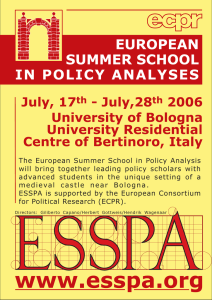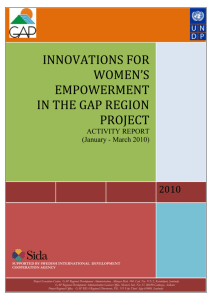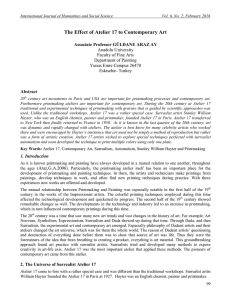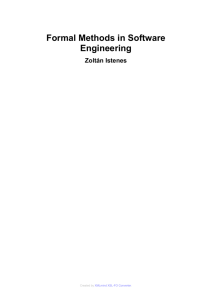International Week 8.-10. October 2013: Diversity – Plurilingualism
advertisement
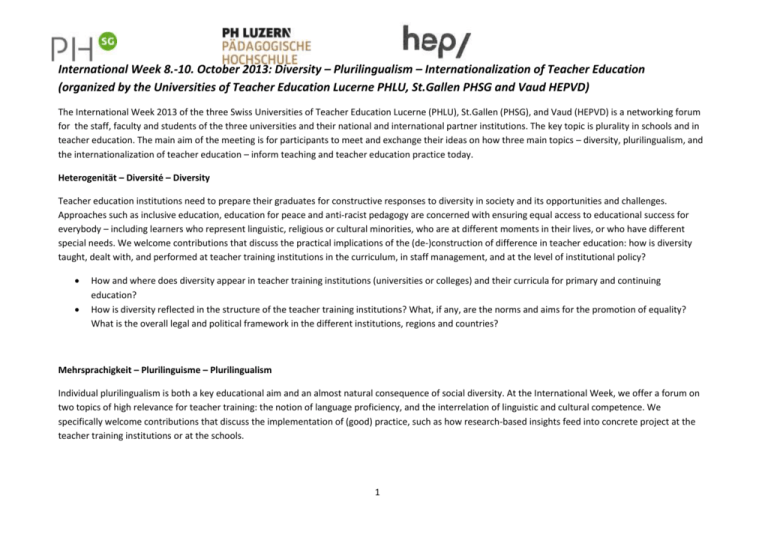
International Week 8.-10. October 2013: Diversity – Plurilingualism – Internationalization of Teacher Education (organized by the Universities of Teacher Education Lucerne PHLU, St.Gallen PHSG and Vaud HEPVD) The International Week 2013 of the three Swiss Universities of Teacher Education Lucerne (PHLU), St.Gallen (PHSG), and Vaud (HEPVD) is a networking forum for the staff, faculty and students of the three universities and their national and international partner institutions. The key topic is plurality in schools and in teacher education. The main aim of the meeting is for participants to meet and exchange their ideas on how three main topics – diversity, plurilingualism, and the internationalization of teacher education – inform teaching and teacher education practice today. Heterogenität – Diversité – Diversity Teacher education institutions need to prepare their graduates for constructive responses to diversity in society and its opportunities and challenges. Approaches such as inclusive education, education for peace and anti-racist pedagogy are concerned with ensuring equal access to educational success for everybody – including learners who represent linguistic, religious or cultural minorities, who are at different moments in their lives, or who have different special needs. We welcome contributions that discuss the practical implications of the (de-)construction of difference in teacher education: how is diversity taught, dealt with, and performed at teacher training institutions in the curriculum, in staff management, and at the level of institutional policy? How and where does diversity appear in teacher training institutions (universities or colleges) and their curricula for primary and continuing education? How is diversity reflected in the structure of the teacher training institutions? What, if any, are the norms and aims for the promotion of equality? What is the overall legal and political framework in the different institutions, regions and countries? Mehrsprachigkeit – Plurilinguisme – Plurilingualism Individual plurilingualism is both a key educational aim and an almost natural consequence of social diversity. At the International Week, we offer a forum on two topics of high relevance for teacher training: the notion of language proficiency, and the interrelation of linguistic and cultural competence. We specifically welcome contributions that discuss the implementation of (good) practice, such as how research-based insights feed into concrete project at the teacher training institutions or at the schools. 1 - - What levels of language proficiency, general or job-related, are learners expected to acquire from primary to tertiary level? How are the standards defined and measured? Do minority or heritage languages also receive attention, or are policies informed by a more monolingual ideology (‘L1 + English’)? How is (foreign) language learning interrelated with the acquisition of intercultural competence – especially in the context of the implementation and monitoring of mobility projects? What evidence is there that mobility experiences may influence learners’ attitudes towards social diversity? How do teacher training institutions develop their mobility programmes in the area of tension between research insights, institutional structures, and school practice? Internationalisierung der Lehrerbildung – Internationalisation de la formation des enseignants – Internationalization of Teacher Education The need for internationalization und interculturality has been present in tertiary education, and specifically teacher training, for a while. One concrete result amongst others is the PEERS project, an international cooperation of teacher training institutions in Africa, Asia, Europe as well as North and South America. The future teachers’ intercultural competences are enhanced through exchange projects where the students interact on topical education-related issues, with peers in their partner institutions. The interactions are monitored by a mixed pool of lecturers, who also exchange their ideas on common research interests. At the International Week, our aim to gather people who are involved in PEERS or other projects with comparable intentions. The following specific questions arise from the topic of internationalization: What experiences can be described in selected case studies from within the PEERS project? How are the professional skills of future teachers shaped through the internationalization of teacher education and projects such as PEERS? Can the PEERS model also be applied to other teacher training institutions, and under what circumstances? What are the challenges of cooperation projects such as PEERS, and how can their sustainability be ensured in times when education is affected by budget cuts? 2 International Week 8.-10. October 2013 (Hotel Radisson, Lucerne): programme Dienstag / Mardi / Tuesday 8. Okt 2013 09.00-10:30 10:30-10:55 Mittwoch / Mercredi / Wednesday 9. Okt 2013 Begrüssung Poster session: Accueil Projekte / Projets / Projects Welcome Institutionen / Institutions Pause / Break Donnerstag / Jeudi / Thursday 10. Okt 2013 Plenary / Plénière 3 Pause / Break Pause / Break Best practice workshops / Ateliers de bonnes pratiques 10:55-12:30 Plenary / Plénière 1 Plenary/ Plénière 2 12:30-13:30 Lunch / Déjeuner Lunch / Déjeuner 13:30-14:15 Atelier 14:20-15:05 Atelier Atelier Atelier 15:05-15:30 Pause / Break Pause / Break Pause / Break 15:30-16:15 Atelier Atelier Schlusspodium / Conclusion / Closing 16:20-17:05 Networking / Réseautage Networking / Réseautage Abendprogramm / Programme pour la soirée / Evening programme Stadtspaziergang / Promenade en ville / City walk Gala dinner / Dîner Panel Atelier Erläuterungen / Explications / Commentary: Plenary: 1 pro Hauptthema / 1 par sujet principal / 1 per main topic 3 Lunch / Déjeuner Panel Atelier Panel Atelier: 1-2 Personen, max. 50% der Zeit als Input, Rest Interaktion und Diskussion / 1-2 personnes, 50 % du temps au max. consacrés à l’input, le reste à l’interaction et à la discussion / 1-2 persons, Panel: 3+ Personen, max. 50% der Zeit als Input, Rest Interaktion und Diskussion / 3+ personnes, 50 % du temps au max. consacrés à l’input, le reste à l’interaction et à la discussion / 3+ persons Best practice Workshop / Ateliers de bonnes pratiques: Studierende präsentieren BA- oder MA-Arbeiten, Doktorierende ihre Forschungsarbeiten; kritische durch Wissenschafter / des étudiants présentent leurs travaux de BA ou de MA, des doctorants leurs travaux de recherche; discussion critique avec des scientifiques. Networking: Organisierte oder spontane Treffen zw. Institutionen und/oder Teilnehmenden / rencontres organisées ou spontanées entre institutions et/ou participants 4
